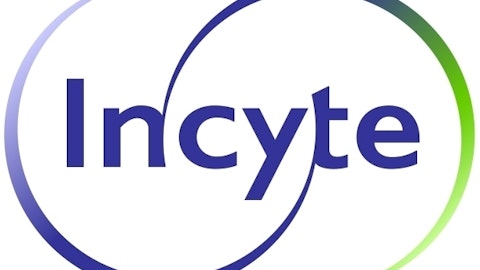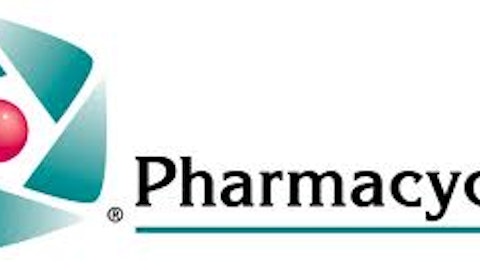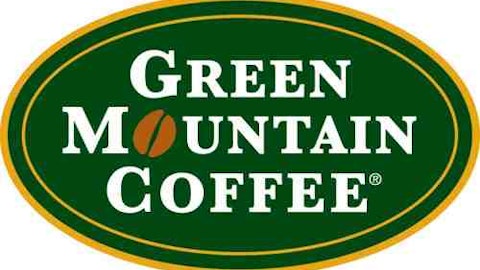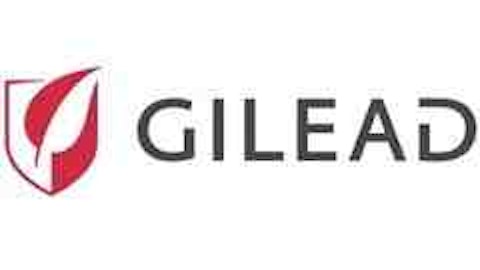In that trial, 701 patients across 11 countries were being tested in the hope that they would show a 33% or better improvement in progression-free survival for primary liver cancer. The actual results were almost laughably bad, with the placebo demonstrating results that were 20% better than expected, and ThermoDox coming in with vastly inferior results than a 33% improvement in PFS based on the company’s press release.
On one hand, not all hope is lost, as certain drugs and delivery methods do perform differently on different types of cancer. ThermoDox is still being clinically tested in breast cancer and metastatic liver cancer, so it could completely surprise Wall Street and investors with solid results.
On the other hand, the initial results in this case were so far out in left field that I’m having a hard time seeing how ThermoDox provides any value to investors. Celsion Corporation (NASDAQ:CLSN) has managed to raise $30 million in the first six months of the year by selling stock, but it will probably need numerous other dilutive share offerings if it hopes to keep the hamster on its wheel. With just $48.9 million in cash left and a burn rate that I project will hit $20 million to $25 million annually, Celsion Corporation (NASDAQ:CLSN)’s days may be numbered.
In similar fashion to Celsion Corporation (NASDAQ:CLSN), GTx, Inc. (NASDAQ:GTXI) has seen two of its lead drugs fail in late-stage trials since 2010, with enobosarm becoming its latest casualty last week. Enobosarm, which is designed to treat muscle-wasting associated with non-small-cell lung cancer by improving body mass and physical function, failed to meet both of its primary endpoints, leaving the company with a very thin remaining pipeline.
Currently, GTx, Inc. (NASDAQ:GTXI) has an ongoing mid-stage trial for capesaris as a secondary hormone therapy for castration-resistant prostate cancer, but beyond that, it has only one other combo drug in clinical trials, which just happens to also involve enobosarm. Its two remaining studies are both preclinical in nature. In other words, GTx, Inc. (NASDAQ:GTXI)’s entire valuation is now based on its capesaris program.
In the meantime, GTx, Inc. (NASDAQ:GTXI) is down to just $31.6 million in cash and is on pace to completely burn through this amount before the end of 2014 unless it issues a secondary offering or finds a very generous (or insane) biotech donor. With little late-stage trial success, GTx, Inc. (NASDAQ:GTXI) is down to its final option in capesaris, and I’m not holding my breath.
The article 3 Biotech Stocks That May Go to Zero originally appeared on Fool.com is written by Sean Williams.
Fool contributor Sean Williams has no material interest in any companies mentioned in this article. You can follow him on CAPS under the screen name TMFUltraLong, track every pick he makes under the screen name TrackUltraLong, and check him out on Twitter, where he goes by the handle @TMFUltraLong.The Motley Fool recommends Gilead Sciences.
Copyright © 1995 – 2013 The Motley Fool, LLC. All rights reserved. The Motley Fool has a disclosure policy.





